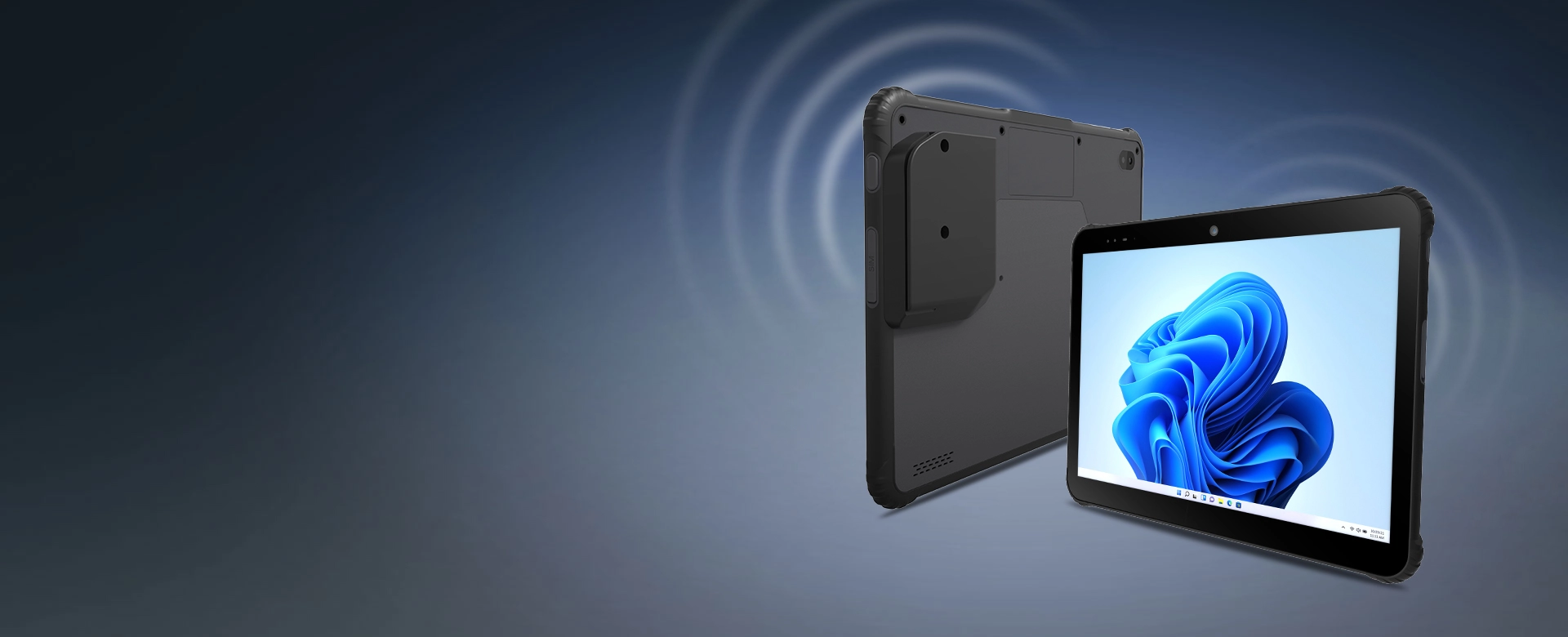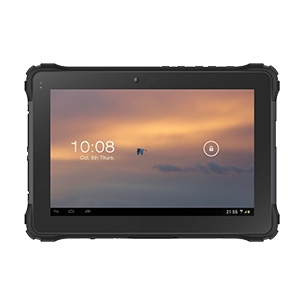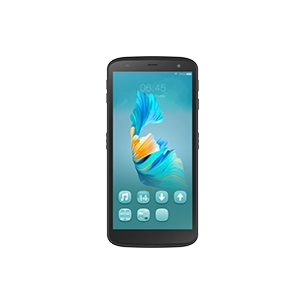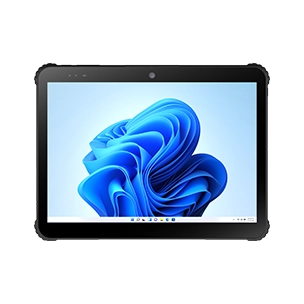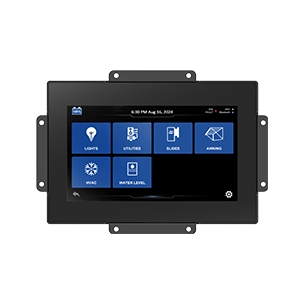Enhancing Efficiency and Security in Industrial and Medical Applications
Radio Frequency Identification (RFID) technology is transforming industries by enabling wireless data transmission, asset tracking, and secure authentication. When integrated into rugged tablets and industrial panel PCs, RFID enhances operational efficiency, improves security, and automates workflows in sectors such as healthcare, logistics, manufacturing, and field service.

How RFID Works in Tablet Solutions
RFID technology uses radio waves to read, capture, and store data from tagged objects. Unlike barcode scanning, RFID enables wireless, non-line-of-sight data collection, making it ideal for high-speed, automated tracking. RFID systems include three key components: RFID Tags – Store and transmit data wirelessly. RFID Readers – Embedded in tablets to detect and retrieve tag data. Software & Databases – Process collected data for asset management, tracking, or authentication.
-
 RFID Tags
RFID Tags -
 RFID Readers
RFID Readers -
 Software & Databases
Software & Databases
-
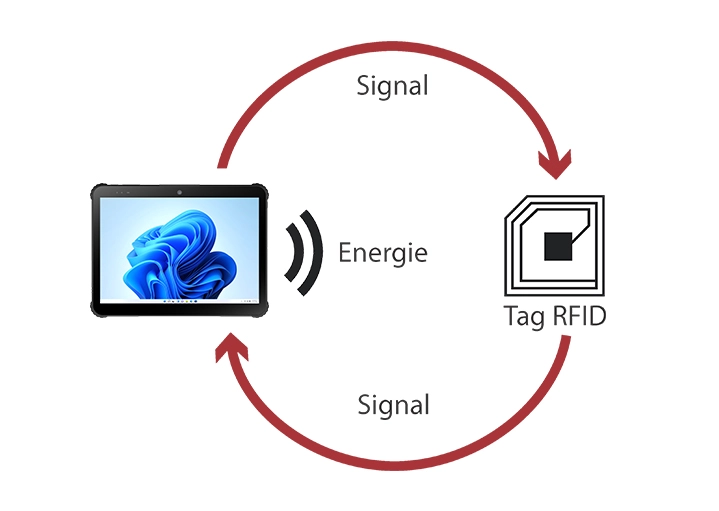 Benefits of Integrating RFID into Tablets
Benefits of Integrating RFID into TabletsTraditional RFID readers are bulky and stationary, limiting their usability in dynamic work environments. By integrating RFID into tablets, professionals gain real-time data access, improving efficiency in industrial and medical applications.
-
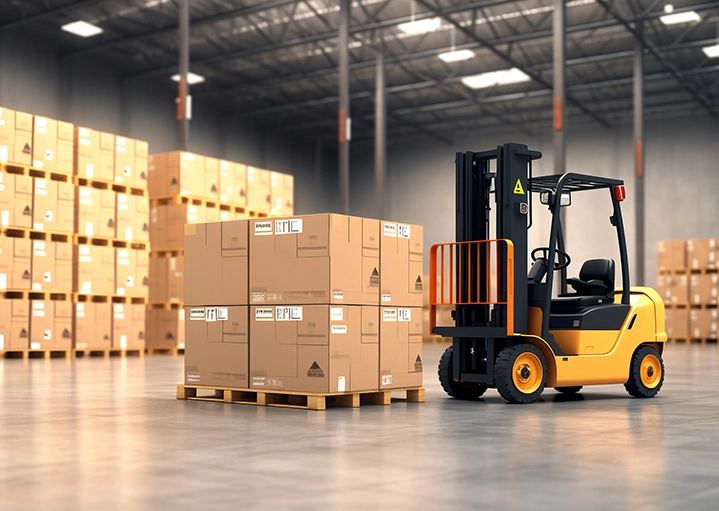 Efficient Asset Tracking & Inventory Management
Efficient Asset Tracking & Inventory ManagementRFID-enabled tablets allow instant scanning of tagged assets without manual input. This technology improves accuracy in warehousing, manufacturing, and medical equipment tracking, reducing errors and enhancing inventory control.
-
 Secure Access Control & Authentication
Secure Access Control & AuthenticationRFID tablets support CAC (Common Access Card) and smart card authentication, ensuring secure login and data protection in healthcare, military, and enterprise environments. This prevents unauthorized access to patient records, industrial control systems, and sensitive corporate databases.
-
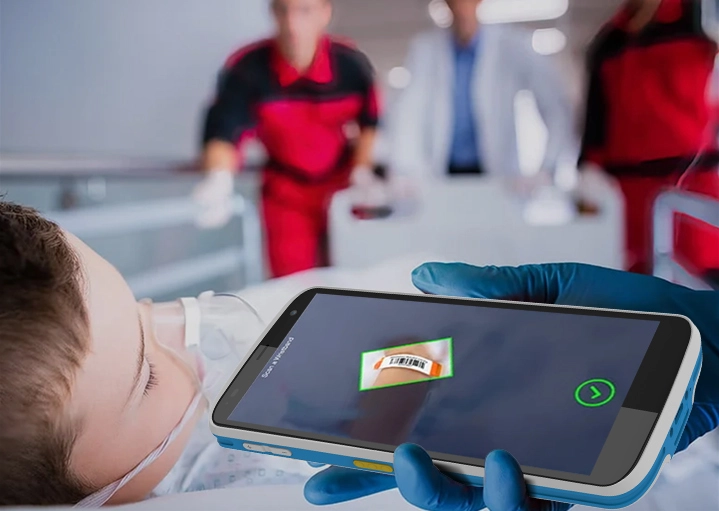 Enhanced Patient Care in Healthcare
Enhanced Patient Care in HealthcareMedical professionals can scan RFID wristbands to instantly access patient histories, prescriptions, and real-time health data. This technology streamlines medication tracking, enhances safety compliance, and reduces medical errors in hospitals and clinics.
-
 Optimizing Logistics & Supply Chain Operations
Optimizing Logistics & Supply Chain OperationsRFID-enabled tablets provide real-time tracking of shipments, inventory, and logistics assets. This reduces delays in warehouses, transportation hubs, and retail distribution centers, ensuring smoother supply chain operations.
-
 Automation & Contactless Data Collection
Automation & Contactless Data CollectionIn industrial environments, RFID automates data collection by eliminating manual barcode scanning. This is particularly beneficial for high-traffic areas such as airports, smart factories, and transit systems, where efficiency and speed are crucial.
-
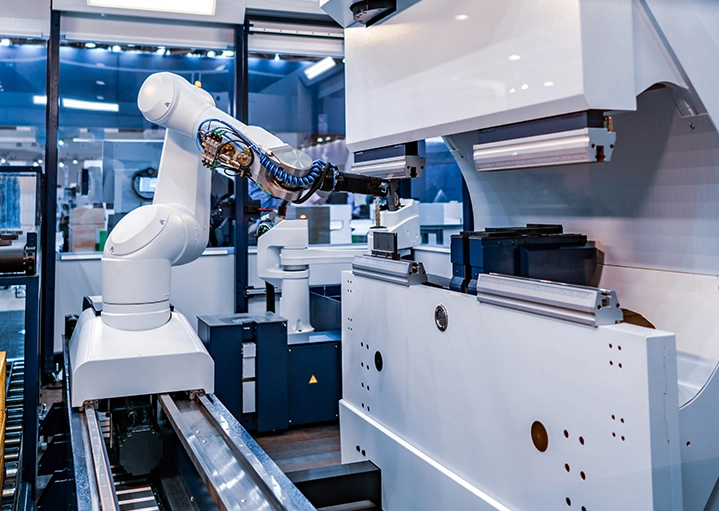 Unlocking New Possibilities with RFID-Enabled Tablets
Unlocking New Possibilities with RFID-Enabled TabletsBy integrating RFID into rugged tablets, businesses can streamline operations, improve security, and enhance automation. Whether in medical, industrial, or logistics applications, RFID technology ensures seamless, contactless data management for a smarter, more connected future.



